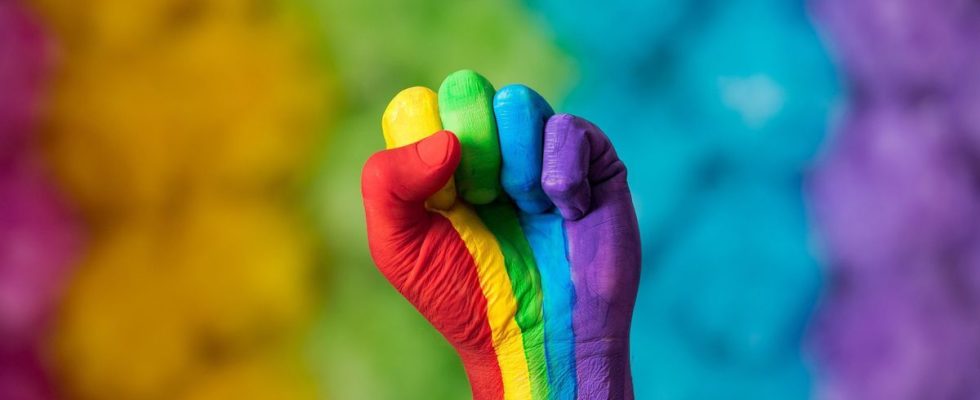Published on
Updated
Reading 2 min.
Being aware of different forms of social injustice is likely to increase the risk of exposure to anxiety and even depression. In any case, this is the conclusion of recent Finnish research.
If you are engaged in defending the rights of women, ethnic minorities and/or LGBTQIA+ people, and more broadly in the fight against social injustices, then we can say that you are “woke”. Coming from the English verb “wake” which originally refers to awakening in the face of racial discrimination, the word wokism now encompasses a very broad notion, since it refers to all societal fights against discrimination. Although overused, even exploited by certain politicians, it originally has a positive connotation. But Wokism can also prove to be a source of psychological discomfort, as suggested by a recent study published in the Scandinavian Journal of Psychology.
Led by Oskari Lahtinen, a researcher at the University of Turku, in Finland, this research explored the links between engagement in activist causes considered to be woke and the effects on mental health. Carried out in two distinct parts, the study initially focused on a sample of 848 participants (made up of students and staff members of the University of Turku), then secondly on a panel of 5,030 people aged 15 to 84 (recruited in Finland). “The volunteers included in the study represent all age groups, all education levels and all geographic areas of Finland“, specifies Oskari Lahtinen on his blog.
Participants were invited to answer questions and give their opinions on concrete cases of social injustice, such as racial discrimination or sexist and transphobic comments. The exercise consisted of evaluating, each time referring to a grading scale, to what extent certain statements amounted to social injustice or not. For example : “A white person cannot understand how a black person feels as well as another black person” Or “transgender women who compete with women in sports do not contribute to the defense of women’s rights“.
Analysis of the responses obtained from the two surveys demonstrated a link between increased rates of anxiety and depression and a higher level of awareness regarding social justice. The study notes that participants who reported the highest levels of anxiety, depression and lack of psychological well-being were also those who most often voted left. “As the study is cross-sectional, I do not comment on causality in one direction or the other, nor on the question of whether a third variable is at the origin of the association between political opinions and mental health“, however specifies the author of the research.
The results also demonstrate twice as much sensitivity in women than in men: “Overall, men rejected every critical social justice item on the scale, while women expressed support for half of them and rejected half of them“, specifies the research.
